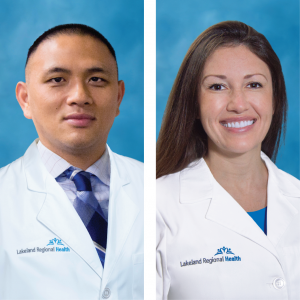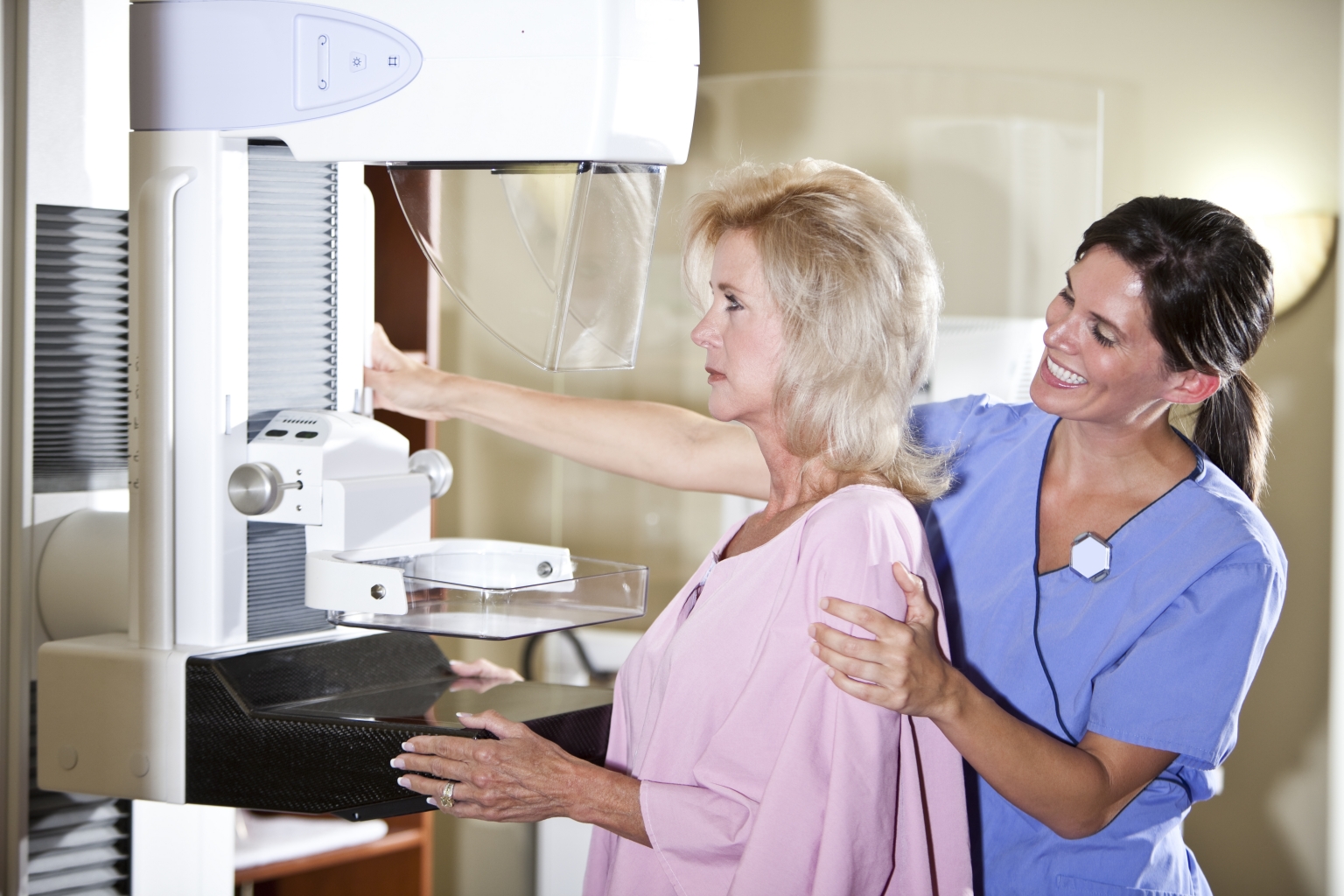
By TOAN NGUYEN, MD, and VANESSA PROWLER, MD
Breast cancer is the most common cancer affecting women. In the United States, approximately 260,000 women are diagnosed with breast cancer every year and about 40,000 women still die from breast cancer annually.
Fortunately, in the past 30 years, deaths from breast cancer have declined by almost 40%. Two main reasons that researchers have identified that have significantly helped the drop in death rates are improvements in mammography screening and advances in medical treatments. Perhaps most importantly, data shows that women who are diagnosed in the earliest stages of breast cancer, stage 0 or stage 1, have a greater than 95% chance of survival in 5 years. This means that the majority of women who have their cancers detected only by mammography and found in the early stages will go on to live normal lifespans. Unfortunately, the opposite is also true. Women with stage 4 breast cancers, when it has already spread to other organs, have less than 50% survival in 5 years. The majority of these women will not go on to live normal lifespans despite vast improvements in treatment within the last two decades.
 While the benefits of mammograms have been well documented and there is clear evidence that it saves lives, there are concerns that the radiation needed to perform a mammogram can cause cancer itself. In addition, over a lifetime, a woman may undergo numerous mammograms if she starts the screening process at age 40, or even earlier if there is a family history. Much research has been done to study the benefits of mammogram vs. the harms that it may potentially cause through radiation exposure. The vast majority of these studies conclude that while the radiation from mammograms do contribute to a very small number of women to develop breast cancer, the screening process saves tens of thousands of lives each and every year through earlier detection. The benefits of mammograms significantly outweigh the harms of only a small handful of people who may develop breast cancer through radiation produced by mammograms.
While the benefits of mammograms have been well documented and there is clear evidence that it saves lives, there are concerns that the radiation needed to perform a mammogram can cause cancer itself. In addition, over a lifetime, a woman may undergo numerous mammograms if she starts the screening process at age 40, or even earlier if there is a family history. Much research has been done to study the benefits of mammogram vs. the harms that it may potentially cause through radiation exposure. The vast majority of these studies conclude that while the radiation from mammograms do contribute to a very small number of women to develop breast cancer, the screening process saves tens of thousands of lives each and every year through earlier detection. The benefits of mammograms significantly outweigh the harms of only a small handful of people who may develop breast cancer through radiation produced by mammograms.
Mammograms use low dose X-rays to penetrate the breasts, which are composed of soft tissue. The radiation dose is much lower than what is normally needed to traverse the body. For example, a single CAT scan of the abdomen produces as much radiation as more than 20 mammograms. You actually receive less radiation from a mammogram than flying across the country in an airplane. The myth of mammograms causing breast cancer may have been extrapolated from receiving chest radiation in general. Woman who have a history of mantle radiation, which is high dose radiation that is meant to penetrate the chest cavity for the treatment of lymphomas at an early age, are at a higher risk of developing breast cancer. This is a minority of the population.
Mammograms are the single most important thing you can do, as a woman, for breast cancer screening. On average, we are able to detect breast cancers 1-3 years earlier with mammograms than on physical exam. This is because mammograms are picking up things that are invisible to the naked eye, such as suspicious microcalcifications, subtle breast asymmetries, and small nodules. Mammograms are the best way to pick up stage 0 cancer – ductal carcinoma in situ (DCIS). These are breast cancers at the earliest possible stage. DCIS detection rates are low in Polk County because there is a high percentage of women who do not get annual mammograms.
Two final points – one, mammograms do not prevent breast cancer. It allows for early detection. Second, while chemotherapy is part of the treatment for breast cancers, most women with early or small tumors do not need chemotherapy. However, women with larger tumors or cancers that have spread to the lymph nodes do often require chemotherapy. As a result, women who participate in the mammogram screening process where smaller tumors can be detected a much greater likelihood of not needing chemotherapy as part of their treatment.
About the Authors
Toan Nguyen, MD, and Vanessa Prowler, MD, are Breast Surgeons with the nationally recognized Hollis Cancer Center. Learn more about the Breast Cancer Program or call 863.603.6565 to make an appointment. Dr. Nguyen serves as Medical Director for Breast Oncology for Lakeland Regional Health.
